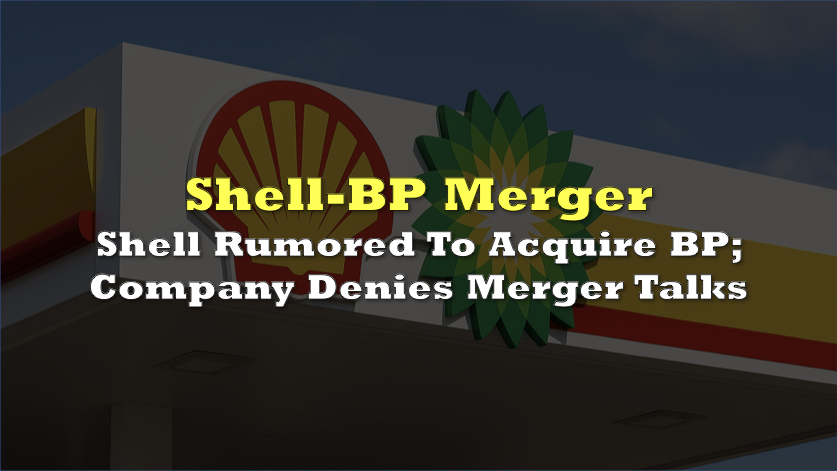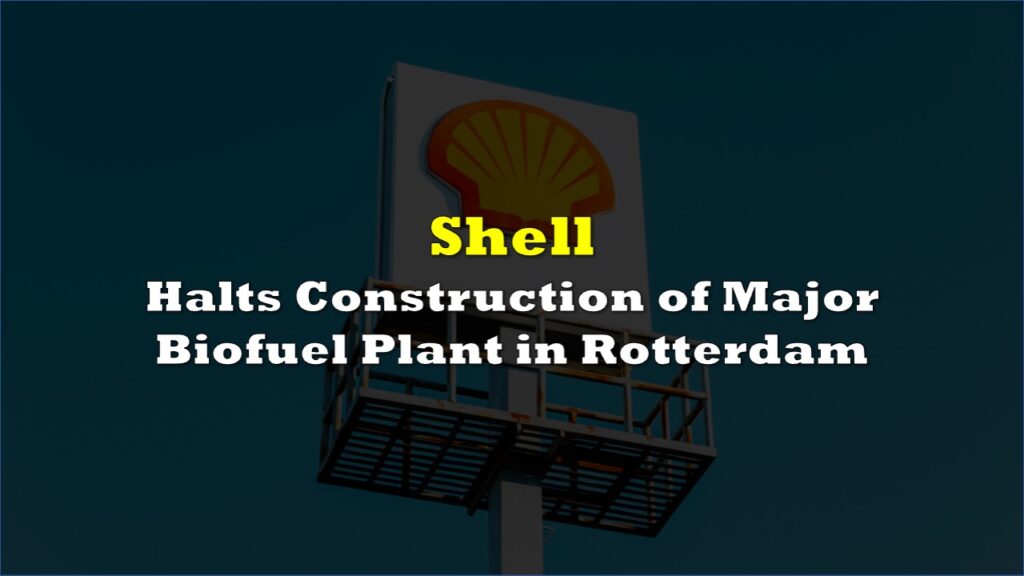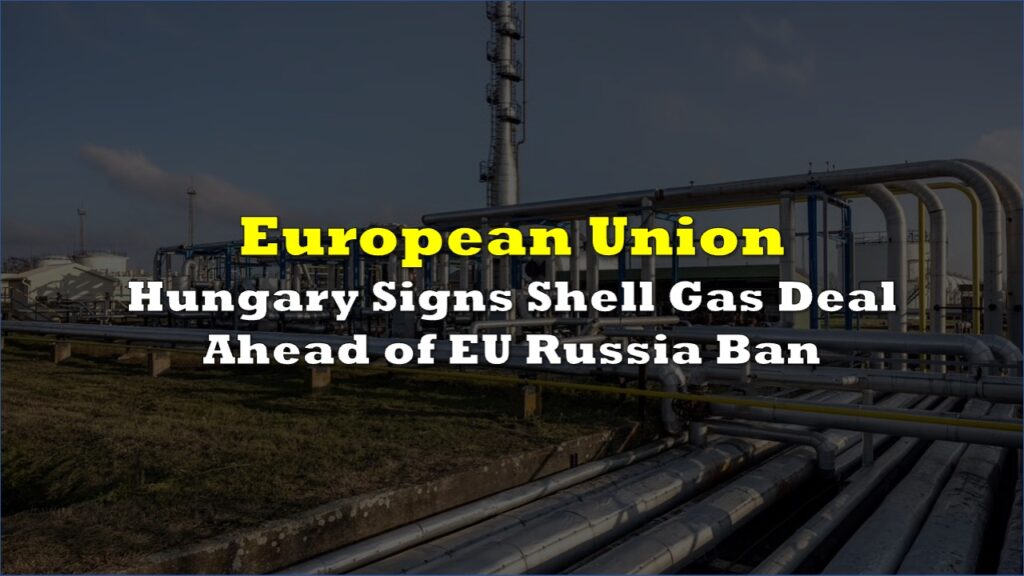Shell (NYSE: SHEL) is assessing an audacious move to buy fellow UK oil firm BP (NYSE: BP), according to a Wall Street Journal report that says “talks between company representatives are active” and that BP is “considering the approach carefully.”
People familiar with the matter told the Journal the discussions remain preliminary and could still collapse, but bankers are already modeling scenarios that would eclipse Exxon and Mobil’s $83 billion union a quarter-century ago.
BREAKING:
— Javier Blas (@JavierBlas) June 25, 2025
Shell is holding early stage talks to acquire rival BP, according to The Wall Street Journal. The WSJ says talks between company representatives are active, and BP is considering the approach carefully. #OOTT $BP $SHELL https://t.co/TJ3d0Yt1kW
At current market values—Shell just above $200 billion and BP near $80 billion—even a modest takeover premium would deliver the largest corporate transaction of 2025.
Shell swiftly pushed back, calling the article “further market speculation” and insisting “no talks are taking place.” BP likewise declined to comment, though its shares briefly touched 12-month highs before trimming gains after Shell’s denial.
For Shell chief executive Wael Sawan, acquiring BP would instantly add scale in LNG, deep-water Gulf of Mexico and global crude trading—areas where Shell already leads—but also load years of cultural integration risk and antitrust scrutiny on both sides of the Atlantic. The prize, analysts say, is the ability to amortize hefty decarbonisation and digital-transition costs over a far larger production base while neutering a domestic competitor.
BP, meanwhile, enters any talks under activist pressure: Elliott Investment Management has urged a sharper pivot back to hydrocarbons after what one adviser called BP’s “ill-fated dash into renewables.” The company is already shopping its Castrol lubes arm and parts of solar unit Lightsource, and Chairman Helge Lund—architect of the green strategy—is set to depart.
UK takeover rules complicate matters. A public denial can bar a bidder from re-approaching for six months unless the target invites it back. Integration would also trigger divestiture of overlapping retail, chemical and North Sea assets and invite scrutiny from both Westminster and a US antitrust regime already eyeing Chevron’s $53 billion Hess bid and Exxon Mobil’s $60 billion Pioneer purchase.
Information for this briefing was found via The Wall Street Journal and the sources mentioned. The author has no securities or affiliations related to this organization. Not a recommendation to buy or sell. Always do additional research and consult a professional before purchasing a security. The author holds no licenses.









